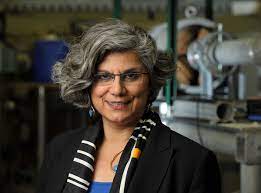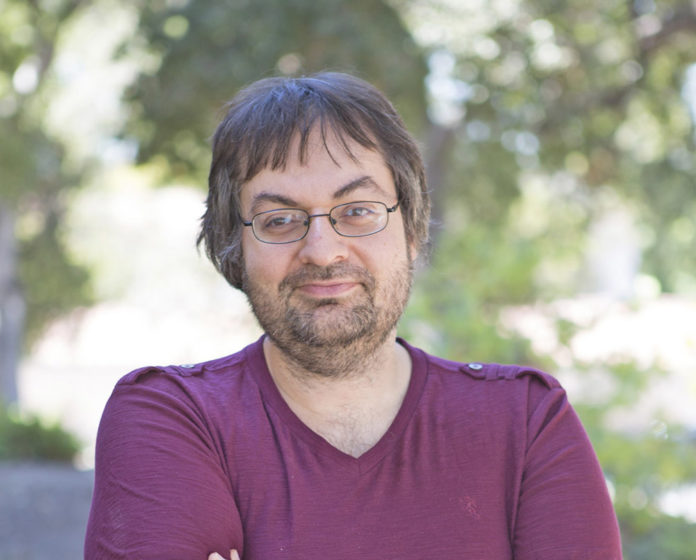BOSTON — A new organization hopes to provide a framework through which innovators in Armenia — be they scientists, academics or artists — would be supported by their diasporan compatriots to gain access to the highest echelons in their fields.
That new body, Armenian Society of Fellows (ASOF), held its inaugural meeting, at San Lazzaro Monastery in Venice, Italy, earlier this summer.
The organization is based on an idea by the late Dr. Vartan Gregorian, the former president of the New York Public Library, Brown University and later the Carnegie Foundation and expedited as a result of the disastrous war of 2020.

Just Getting Started
ASOF is led by an executive board, the chair of which is Prof. Ani Aprahamian, a professor of nuclear physics at Notre Dame University, in Indiana, who also serves as the director of the Alikhanyan National Science Laboratory, in Armenia.
In a conversation last week, she and the board’s secretary, Prof. Vatche Sahakian, a fellow professor of physics, at Harvey Mudd College in California, shed light on the organization and expressed hope that it will make a positive change for Armenia.
Aprahamian explained ASOF’s vision. “We’re hoping this is not going to be just a diaspora organization. We are really planning and strategizing and our vision is to bring about significant change in a lot of the areas that our mission is in. It’s no longer just a diasporan organization that focuses on some razor-sharp point. We really feel it’s time to engage all the people in Armenia, the government of Armenia as well as the diaspora.”











